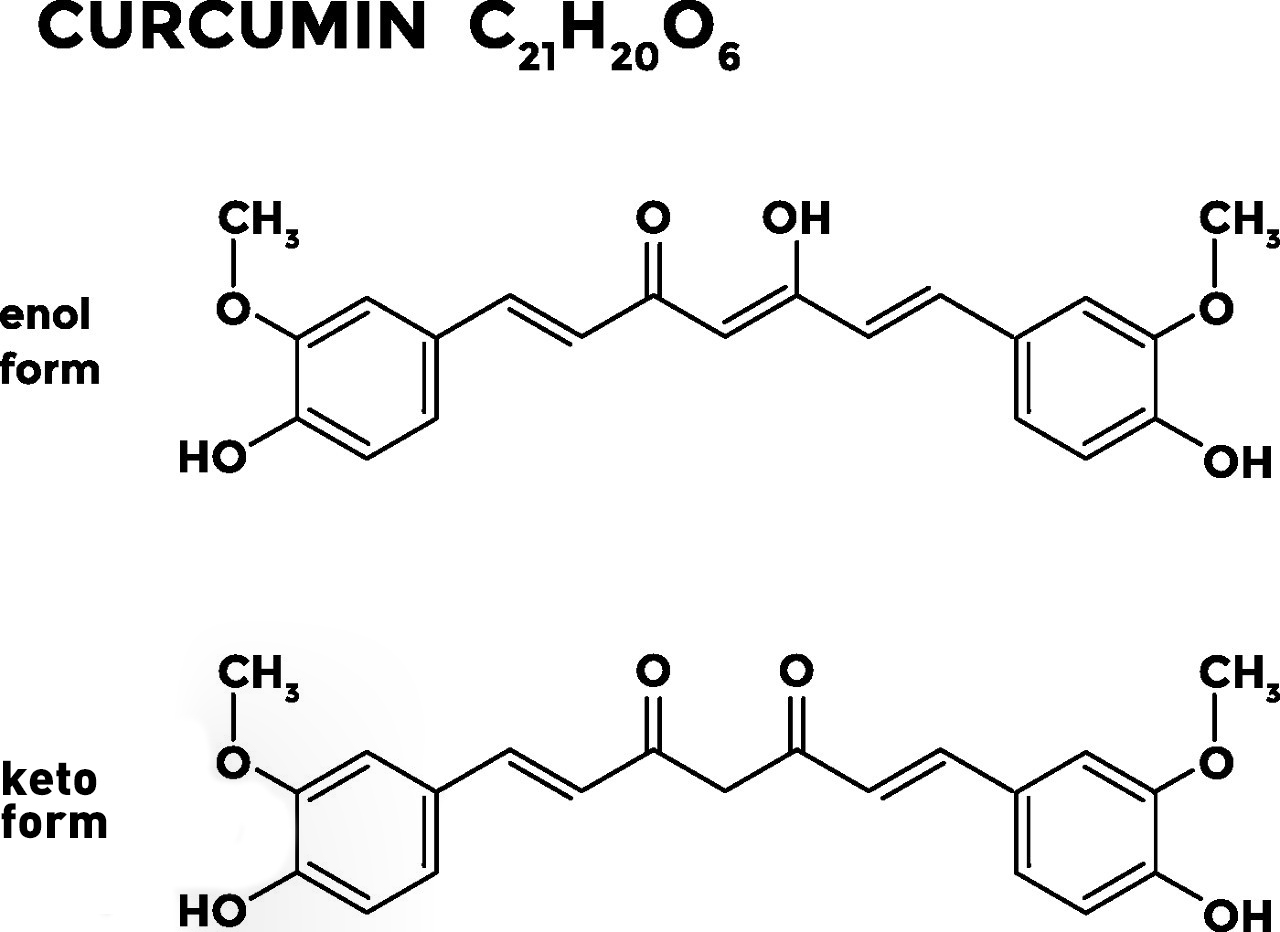Curcumin, the main active compound in turmeric, has a range of therapeutic and health uses, mostly due to its anti-inflammatory, antioxidant, and potential anti-cancer properties. Here are some of the main uses of curcumin:
- Anti-inflammatory Agent: Curcumin is well-known for its ability to reduce inflammation by inhibiting molecules like cytokines and enzymes (like COX-2) that are involved in the inflammation process. It’s often used as a natural alternative to reduce chronic inflammation in conditions like arthritis, irritable bowel disease, and psoriasis.
- Antioxidant Properties: Curcumin neutralizes free radicals, which can cause oxidative stress and lead to chronic diseases like heart disease, cancer, and neurodegenerative disorders. It also boosts the body’s own antioxidant enzymes.
- Cancer Prevention and Treatment: Curcumin shows promise in slowing the growth of certain types of cancer cells and in preventing cancer development due to its anti-inflammatory and antioxidant effects. It may interfere with cell signaling and tumor growth, especially in breast, colon, and prostate cancers.

- Heart Health: Curcumin may help improve cardiovascular health by improving endothelial function (the health of blood vessel linings), reducing inflammation, and lowering cholesterol levels, all of which are important factors in preventing heart disease.
- Brain Health and Cognitive Support: Curcumin crosses the blood-brain barrier and may help protect against neurodegenerative diseases like Alzheimer’s and Parkinson’s by reducing inflammation, oxidative stress, and the formation of amyloid plaques associated with Alzheimer’s.
- Management of Metabolic Syndrome and Type 2 Diabetes: Curcumin can improve insulin sensitivity, lower blood sugar, and reduce inflammation, helping in the management of metabolic syndrome and diabetes.
- Pain Relief: Because of its anti-inflammatory properties, curcumin is used to alleviate pain from conditions such as arthritis, joint pain, and injury.
- Gut Health and Digestion: Curcumin can help alleviate symptoms of indigestion, ulcerative colitis, and Crohn’s disease by reducing inflammation in the digestive tract and supporting gut microbiome health.
- Skin Health: Curcumin is anti-inflammatory and antimicrobial properties make it beneficial in treating skin conditions like eczema, acne, and psoriasis. It can also help in wound healing and reducing scarring.

- Immune System Support: Curcumin supports the immune system through its anti-inflammatory, antioxidant, and potential antiviral properties, which help bolster the body’s defense mechanisms against various infections.
- Weight Loss and Fat Metabolism: Some studies suggest that curcumin can aid in weight management by influencing fat metabolism and reducing the formation of fat tissue.
Despite its wide-ranging uses, curcumin is not well-absorbed on its own and is often taken with piperine (from black pepper) to improve its bioavailability. As always, it is recommended to consult a healthcare provider before using curcumin supplements, especially if taking medications or managing health conditions.
